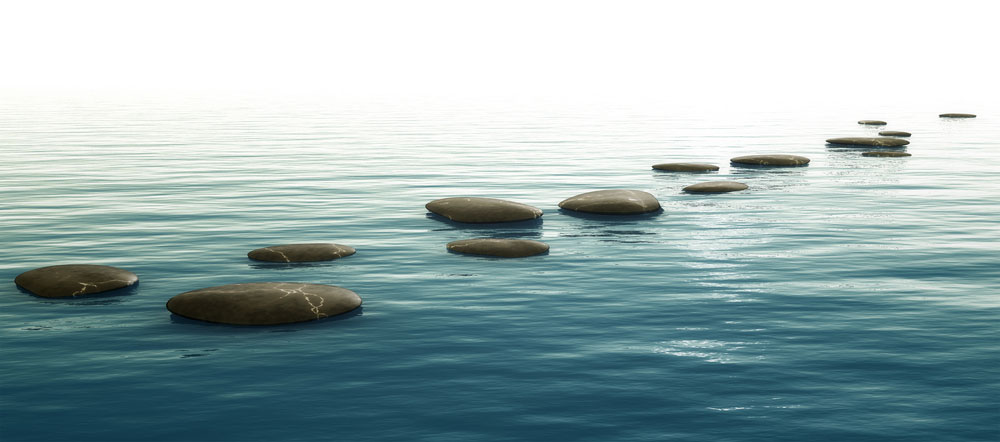
One of the recommended post-autism diagnosis ‘next steps’ was to identify my strengths, and where possible, build them into the various areas of my life. In doing this, I couldn’t help but ponder my weaknesses (or ‘challenges’, as they are apparently called nowadays). Like the rest of the population, neurodiverse or not, I have plenty of these and, alongside my strengths, they make me who I am.
There is one thing I struggle with more than anything else in this world though, and it’s this same thing that, in an infuriating stroke of paradox, I crave more than anything else. My biggest challenge, my most epic struggle, and my absolute nemesis: human connection.
Here, I am not talking about chatting to people, socialising, or making friends. On a good day and with a fair wind, I can do all of these things (although I may suffer the consequences afterwards, silently and in a darkened room). This runs much deeper. Here I am talking about a need for closeness, for belonging, for innate connection with other human beings.
I look around me and I watch human connection at work everywhere, but I see it in the same way that I see an animal in a zoo. Yes, I can see human connection, but I can’t touch it, hold it or take it home with me to keep. It’s a perfectly isolating and lonely experience that has been an ever-present hallmark of autism (not a personality defect, as I now know) my whole life.
I could write at length about where my struggle for human connection hits the hardest and cuts the deepest. I could write about loneliness that at times suffocates my every thought. I could write about a sense of isolation so strong that it sucks away joy, and leaves in its place a void that I cannot shatter. Before I become too maudlin though, let’s get back to my point: a chronic deficit of human connection is my biggest challenge, and I would change it in an instant if I could.
There will be some people (yes, even a few friends!) reading these words and trying to reconcile them with the Chloe that they know, so let me explain. You will have seen me meeting new people, and (generally speaking) not sending them running for the hills. You may have even seen me go one better, and where we have common ground, I have built little bridges of relationship, some of which will remain in place long-term and connect my island to yours.

My nemesis is bigger though than the few mossy and higgledy-piggledy stepping-stones that I have managed to place precariously across the tranquil, and usually benign river of life. These stepping-stones are great and there is nothing wrong with them, but when the relative calm of that river becomes a raging, turbulent torrent during inevitable storms, we need a bridge of human connection that is stronger, more solid and more enduring than I have even been able to build, because now those stepping-stones can no longer be seen.
So what is needed to build these bridges of human connection? I wish I knew. In candid moments I’ve been told that I “just don’t get it” and similar, and this is likely true (see the DSM V diagnostic criteria for autism: “Deficits in developing, maintaining, and understanding relationships…”). Whatever it takes to fashion those sturdy bridges and concrete them into the riverbanks, I seem to be missing.
I don’t give up that easily though. I have hope that, with newfound understanding of how my brain works, I can better compensate for the ‘deficits’ (thanks a bunch, DSM V) such that one day, I’ll be building and maintaining human connection like a boss, having beaten my nemesis and reached the zenith of my journey.
In the meantime, living life looking in on the cosy scene of human connection is a solitary existence, one that I struggle with daily. With some regret, I cannot say that I don’t pray for a magic wand to take this particular autistic part of me away.
But for those of you that have the patience to stick with me while I unravel the human connection enigma piece by piece, thank you. You are the humans with whom I want to connect.

ABOUT CHLOE PERRY
Chloe Perry is a working mum who lives in Perth’s northern suburbs with her husband and two children. As a recently diagnosed adult female living in a 50:50 neurotypical/neurodiverse family unit, Chloe has a lot to learn but also hopes, in time, to have a lot to contribute.